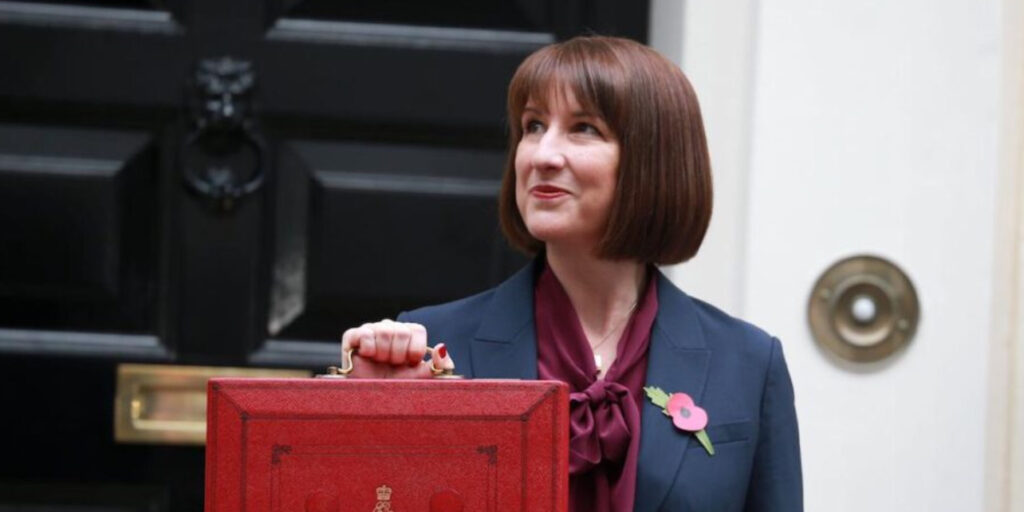The UK’s economic growth rate slowed to a mere 0.1% in the third quarter of 2024, down sharply from 0.5% in the previous quarter, as reported by the Office for National Statistics (ONS).
The figures have fallen short of the anticipated 0.2% growth, signaling ongoing economic challenges.
Chancellor Rachel Reeves responded to the latest GDP figures by reiterating her commitment to driving economic recovery.
Reeves highlighted that her recent budget was designed to stabilize the UK’s financial landscape, providing a foundation for new growth.
She outlined her priorities for economic revival, which include boosting investment, creating job opportunities, supporting the NHS, improving infrastructure, and strengthening border security.
The ONS’s Director of Economic Statistics, Liz McKeown, reported that the overall growth slowdown impacted a variety of industries.
Retail and new construction work posted modest gains, but these were countered by declines in telecommunications, wholesale, and manufacturing sectors.
In September alone, the economy contracted slightly, with services showing no growth. While car sales performed well, the IT sector had a slow month, and manufacturing continued to struggle despite a boost in oil and gas extraction.
Bank of England Governor Andrew Bailey recently highlighted Brexit as a contributing factor to the UK’s economic slowdown. Speaking at London’s Mansion House, Bailey stated that Brexit has “weighed” on economic performance and called for a strengthened relationship with the European Union (EU) to counteract these challenges.
Bailey, while neutral on the political issue, stressed that the economic consequences of Brexit are undeniable.
The latest economic figures present a formidable challenge for the UK government. Reeves has emphasized that targeted reforms, increased investments, and a commitment to supporting public services are essential for reversing the economic slowdown.
Through these strategies, the government aims to reinvigorate growth and provide stability to an economy facing complex global and domestic pressures.
As economic instability persists, the government’s actions toward achieving consistent growth will be watched closely by businesses, investors, and the public.
By focusing on long-term investments and addressing critical issues like public health and economic reform, the UK aims to foster a more resilient economy in the years ahead.


